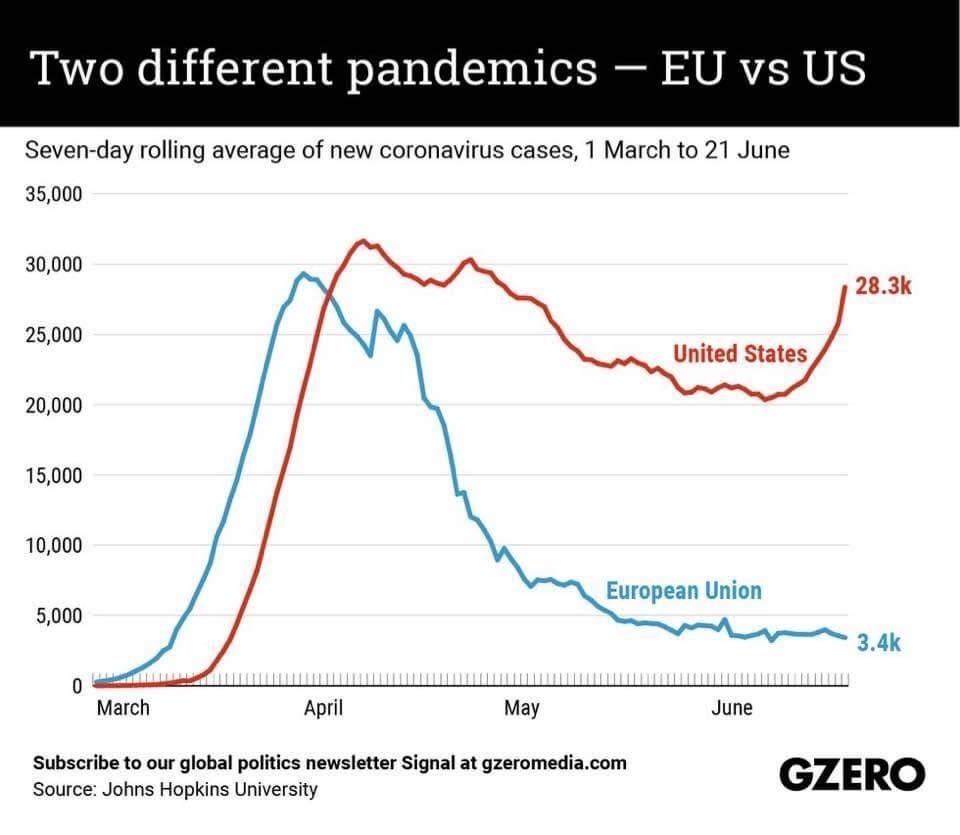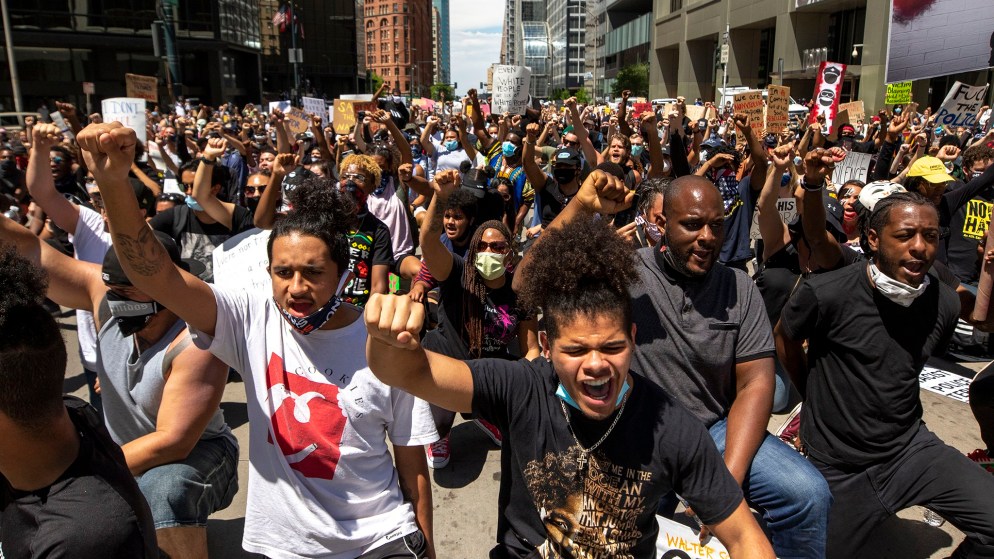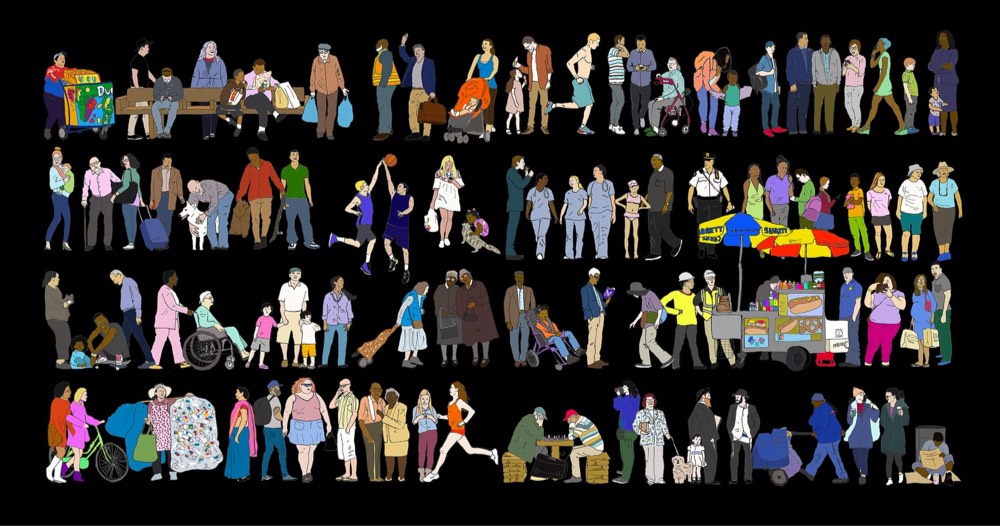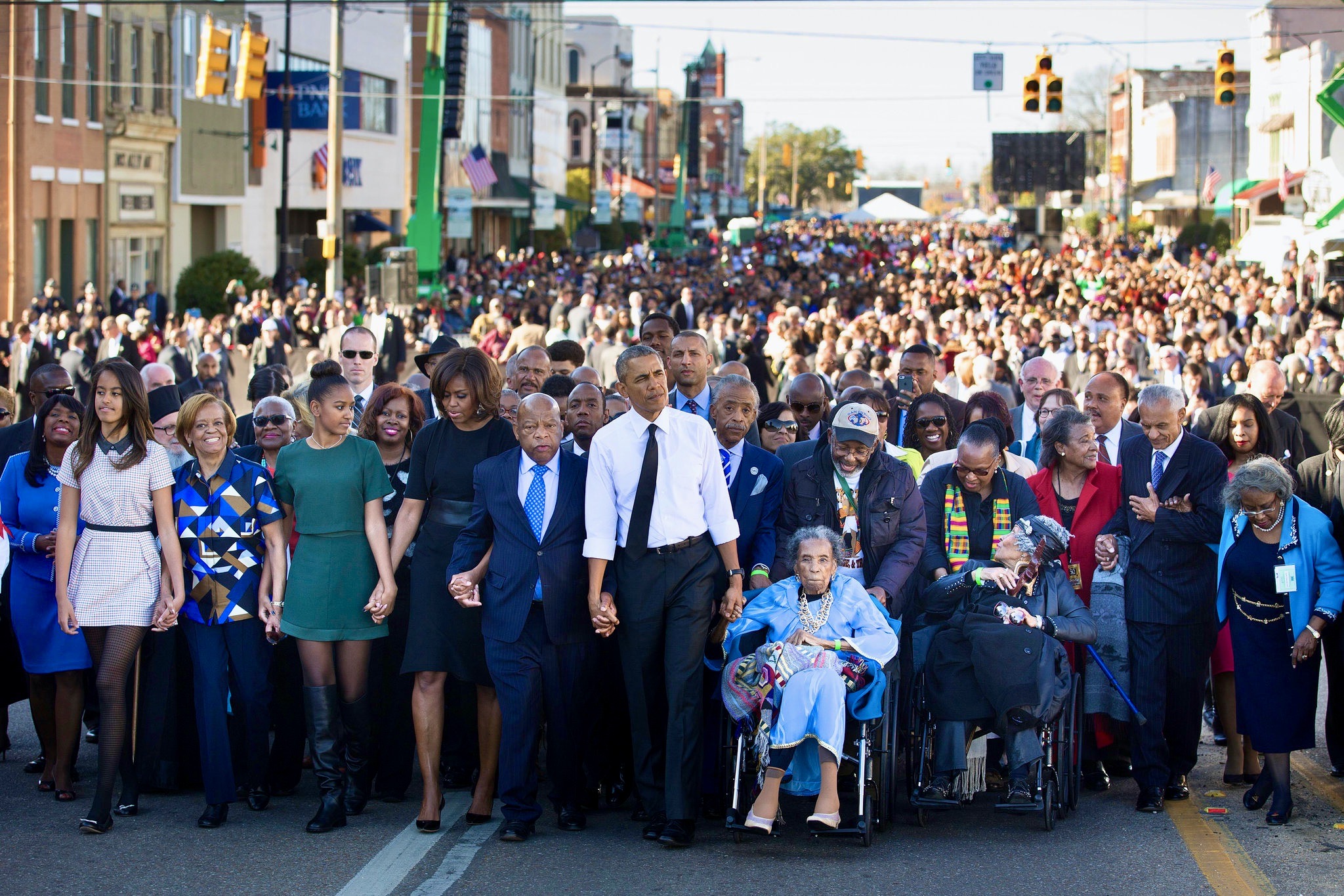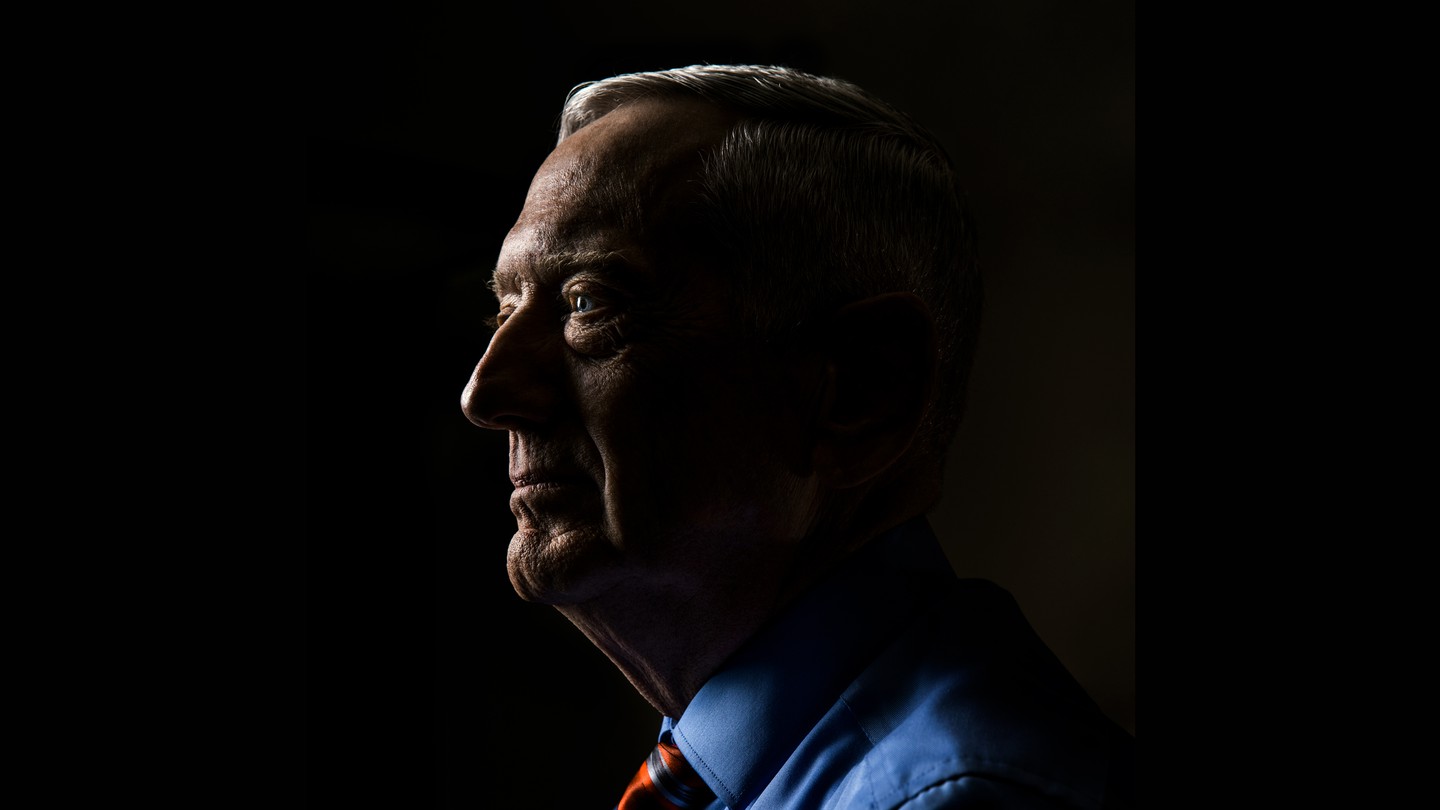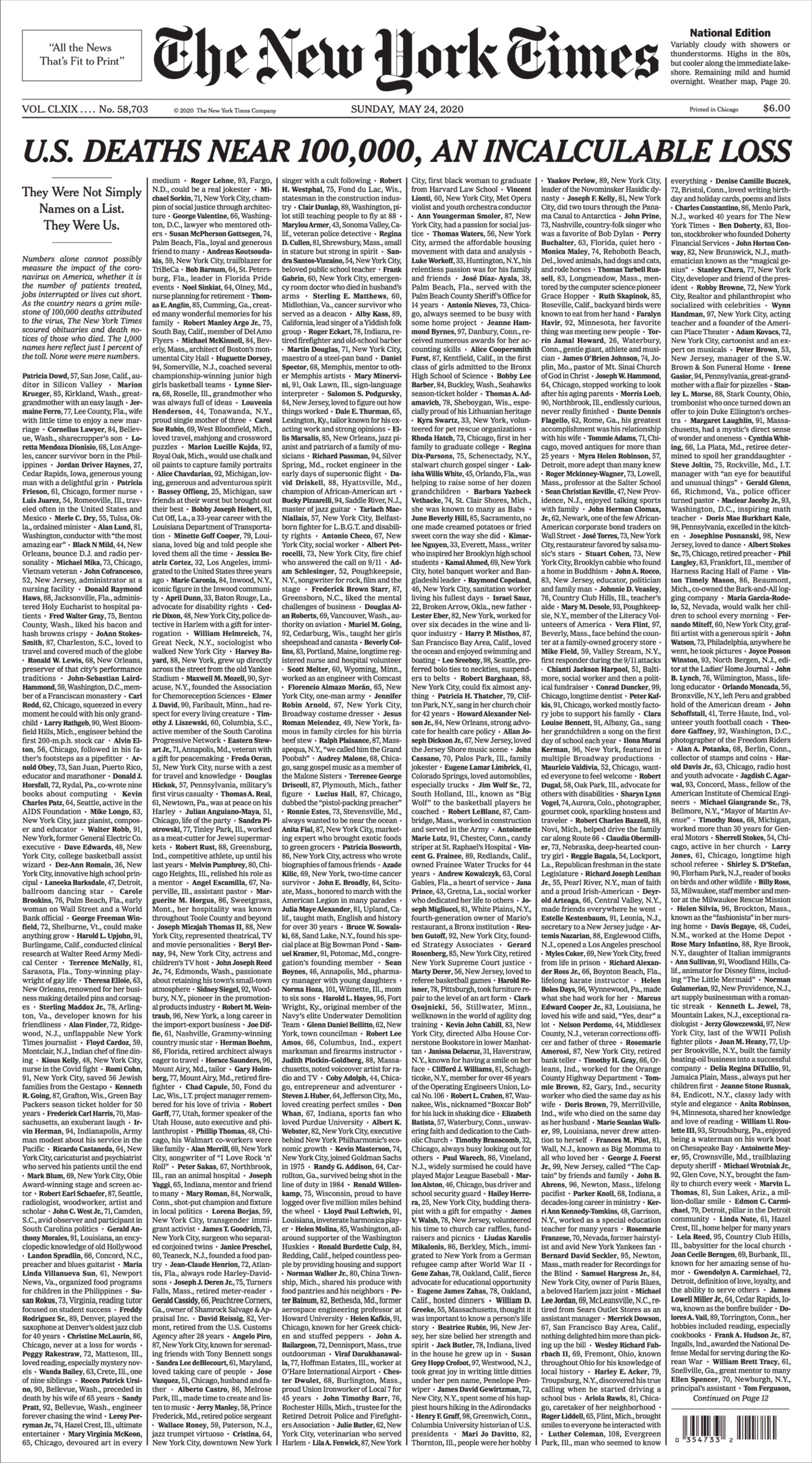
John Dikerson interviews CEO Tim Cook for Sunday Morning and asks Cook how he balances his fiduciary responsibility to paying as low taxes as possible and still be a good social citizen. Cook’s answer:
Well, our responsibility is to pay what we owe, just plain and simple.
Cook then goes on to talk about all the good that Apple does - citing their work on Covid-19. But that is a very small minded, and frankly, dishonest way to look at the situation. Did Apple donate important and meaningful aid and technology in the fight against Covid-19? Yes. Does that give them a right to pay lower taxes? No.
Apple takes way more then it gives back - its not even close. Consider these facts:
- The World Bank compiles GDP data for 263 countries, regions, or collections of countries with similar characteristics. Of these, 216, or 82.1%, generate less than $1.3 trillion market cap of Apple.
- Only 14 have market caps greater than Apple. Those exchanges immediately behind Apple are the Taiwan Stock Exchange, Brasil Bolsa Balcao, Johannesburg Stock Exchange, BME Spanish Exchanges, Moscow Exchange, and Singapore Exchange
- Apple’s market cap exceeds the inflation-adjusted costs to the U.S. of World War I, the Vietnam War, and the Iraq War, among others.
- To equal Apple’s market cap, one has to add the top 18 billionaires on the Forbes list.
And what has allowed Apple to be so successful? The United States government. They provided the infrastructure, social and political stability, and the economic engine to make Apple a possibility in the first place. And Apple, being the largest company in the world, gets far greater benefit from this than any other company. To say giving a $100 million donation to the Covid-19 fight makes this a fair exchange is insulting. It is just tiny part of Apple’s marketing and PR budget.
Apple and other corporations should be made to pay more taxes than they are now - because corporations will not build what our country desperately needs. Corporations will not provide health care for all, fix our roads and infrastructure, invest in science and technology, provide education to our children and insure our country will continue to provide an environment where the next Apple can thrive.
I agree with Cook. Apple’s responsibility is to pay what they owe. It is our responsibility, as citizens, to realize that they owe more than what they are paying.
